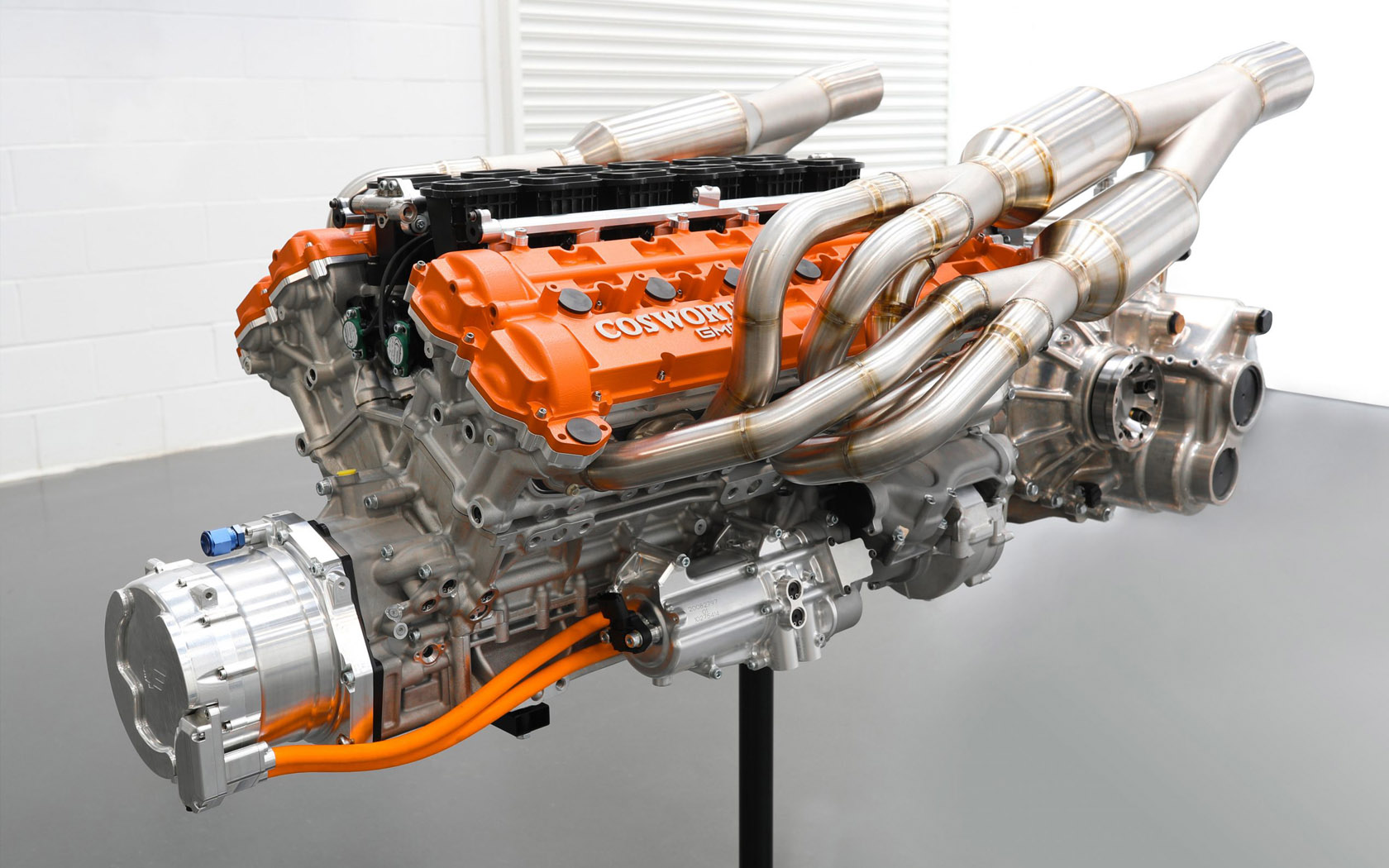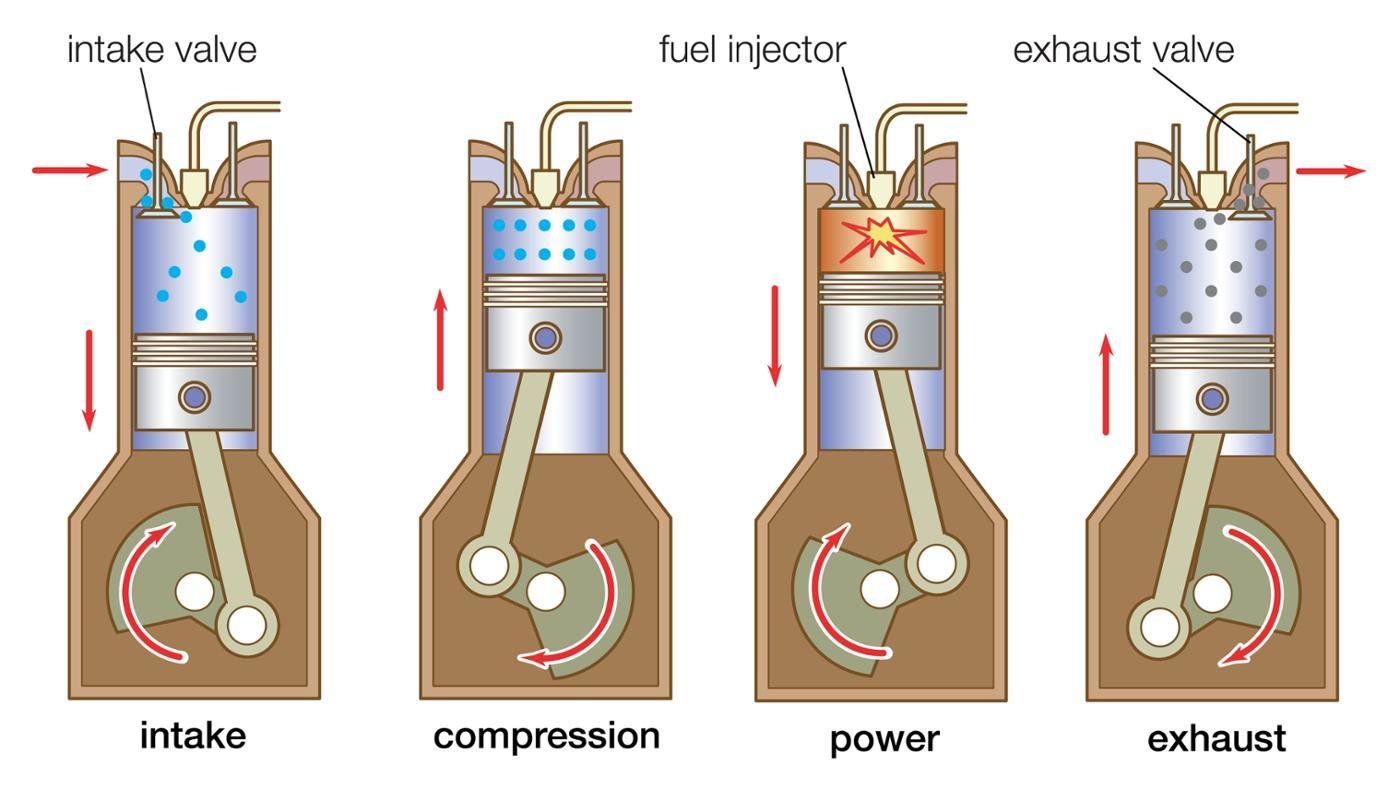Customer Reviews: Why Engines For Africa Sticks Out
Customer Reviews: Why Engines For Africa Sticks Out
Blog Article
A Full Guide to Choosing the Right Engine for Your Job
Selecting the appropriate engine for your task is a critical decision that can dramatically impact its total success. It is critical to diligently specify your job requires, review performance needs, and think about user-friendliness together with other necessary aspects. In addition, comprehending the area assistance available and scrutinizing price ramifications can better improve your option. Each of these elements plays an essential role in guaranteeing that your picked engine not only meets immediate purposes but likewise aligns with long-term aspirations. As we check out these factors to consider, you may find that the nuances of each element reveal greater than at first anticipated.
Define Your Job Requirements
Specifying your project requires is a critical step in choosing the ideal engine for successful execution. A thorough understanding of your job's goals will certainly assist you in identifying the capabilities and features called for from an engine. Begin by outlining the extent of your task, including the preferred capability, target market, and the particular outcomes you aim to attain.
Following, think about the technological demands that straighten with your task goals. This consists of examining the compatibility of the engine with existing systems, along with the programs languages and structures that will certainly be made use of. Additionally, analyze the degree of scalability called for to fit future growth or modifications in demand.
Budget constraints likewise play a vital role in defining your job needs. Establish a clear monetary structure to guide your decision-making process, ensuring that the engine selected fits within your budget while providing the needed capability.
Evaluate Performance Demands

Next, consider the scalability of the engine. Evaluate whether it can manage boosted work as your task grows. Engines that sustain straight scaling are often more effective for larger applications. Furthermore, assess the engine's efficiency under various problems, such as peak use situations, to ensure it meets your dependability standards.
Take Into Consideration Convenience of Usage
While technological specifications are necessary, the convenience of usage of an engine can significantly affect the advancement procedure and overall task success. An user-friendly interface, clear documents, and streamlined workflows can significantly reduce the understanding curve for programmers, allowing them to concentrate on creative thinking and problem-solving instead of grappling with facility devices.
When assessing an engine's ease of usage, take into consideration the onboarding experience. A well-structured intro, complete with tutorials and example projects, can facilitate a smoother shift for new individuals. Additionally, the quality and comprehensiveness of the engine's paperwork play a crucial duty; extensive overviews and API recommendations can encourage programmers to fix and apply functions successfully.
Another facet to consider is the engine's customization capacities. An engine that permits very easy modifications can be extra easy to use, as programmers can tailor it to fit their details requirements without extensive headache. Lastly, check my site examine the process assimilation with tools and platforms you already use. A cohesive ecological community can improve performance and reduce friction during the growth process. Ultimately, selecting an engine that focuses on ease of use can cause an extra enjoyable and efficient advancement experience.
Assess Area and Assistance
The stamina of an engine's community and assistance network can substantially influence a designer's experience and success. A vivid area commonly shows a wealth of common understanding, sources, and fixing help that can enhance your job's growth process. When evaluating an engine, consider the size and activity degree of its neighborhood. Larger neighborhoods usually provide much more forums, tutorials, and third-party plugins, enabling developers to locate options much more effectively.
In addition, review the availability of main support channels. Trusted paperwork, responsive consumer assistance, and routine updates are essential for attending to technical issues and maintaining your job on course. Engines For Africa. Active neighborhoods also promote cooperation, supplying chances for networking and responses, which can be indispensable, specifically for independent see this website designers or small groups
Furthermore, explore the presence of community-run events, such as meetups or hackathons. These events can improve your understanding of the engine while connecting you with knowledgeable customers and prospective partners. In recap, a durable area and support group not just simplify development but also produce a setting for learning and technology, inevitably enhancing the likelihood of your task's success.
Contrast Cost and Licensing Options
Spending plan factors to consider play a vital duty in picking the ideal engine for your task, as the price and licensing alternatives can significantly affect both temporary expenditures and lasting stability. Engines For Africa. Different engines provide varying pricing frameworks, which can include one-time purchase costs, registration designs, or revenue-sharing contracts based on your project's earnings

Licensing choices likewise vary dramatically. Some engines are open-source, providing flexibility and community-driven assistance, while others might need exclusive licenses that limit usage see and distribution. Recognizing the implications of each licensing model is essential, as it influences possession legal rights, future scalability, and prospective legal commitments.
Verdict
Finally, picking the proper engine for a project demands a comprehensive assessment of defined task requirements, performance requirements, convenience of use, area assistance, and expense considerations. By methodically attending to these vital aspects, decision-makers can ensure placement with both future and existing project needs. A well-informed selection ultimately boosts the likelihood of project success, making it possible for efficient resource allotment and maximizing possible results within the defined budgetary restraints.
Choosing the appropriate engine for your task is a vital choice that can substantially impact its total success.Specifying your project needs is a crucial step in picking the suitable engine for successful execution. An extensive understanding of your task's objectives will lead you in identifying the functions and capacities required from an engine.Once you have a clear understanding of your job needs, the next step is to examine the efficiency requirements of the engine.In verdict, picking the appropriate engine for a project requires a detailed assessment of defined job requirements, performance demands, simplicity of usage, neighborhood assistance, and cost considerations.
Report this page